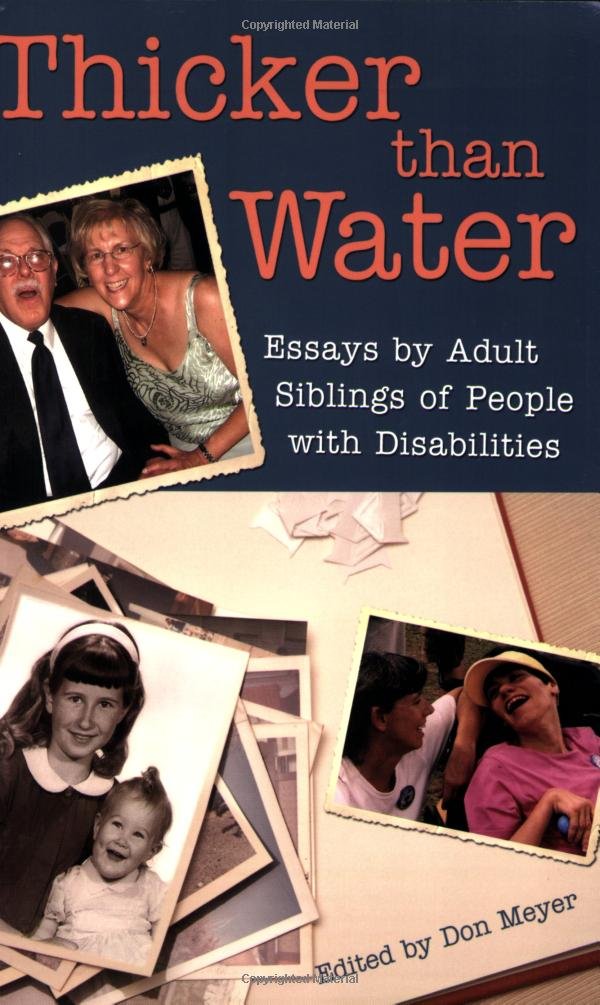Now more than ever, being “different” means so many things. But how can you properly educate yourself and the future? By way of children’s reads as well as adult reading – dive into some good “reads” about disabilities and beyond.
While the subject matter may be emotionally challenging, these books invites the readers to see true beauty in people and in the way we see our lives. Here are ten we rounded up below, and if nothing else, learn about a new perspective, and always BE KIND!
Anything But Typical by Nora Raleigh Baskin
Type: Children’s book
This children’s book is told from the first-person perspective of an autistic boy and this novel is an enlightening story for anyone who has ever worried about fitting in. “Jason Blake is an autistic twelve-year-old living in a neurotypical world. Most days it’s just a matter of time before something goes wrong. But Jason finds a glimmer of understanding when he comes across PhoenixBird, who posts stories to the same online site as he does. Jason can be himself when he writes and he thinks that PhoenixBird – real name is Rebecca – could be his first real friend. But as desperate as Jason is to met her, he’s terrified that if they do meet, Rebecca will only see his autism and not who Jason really is.” – Amazon
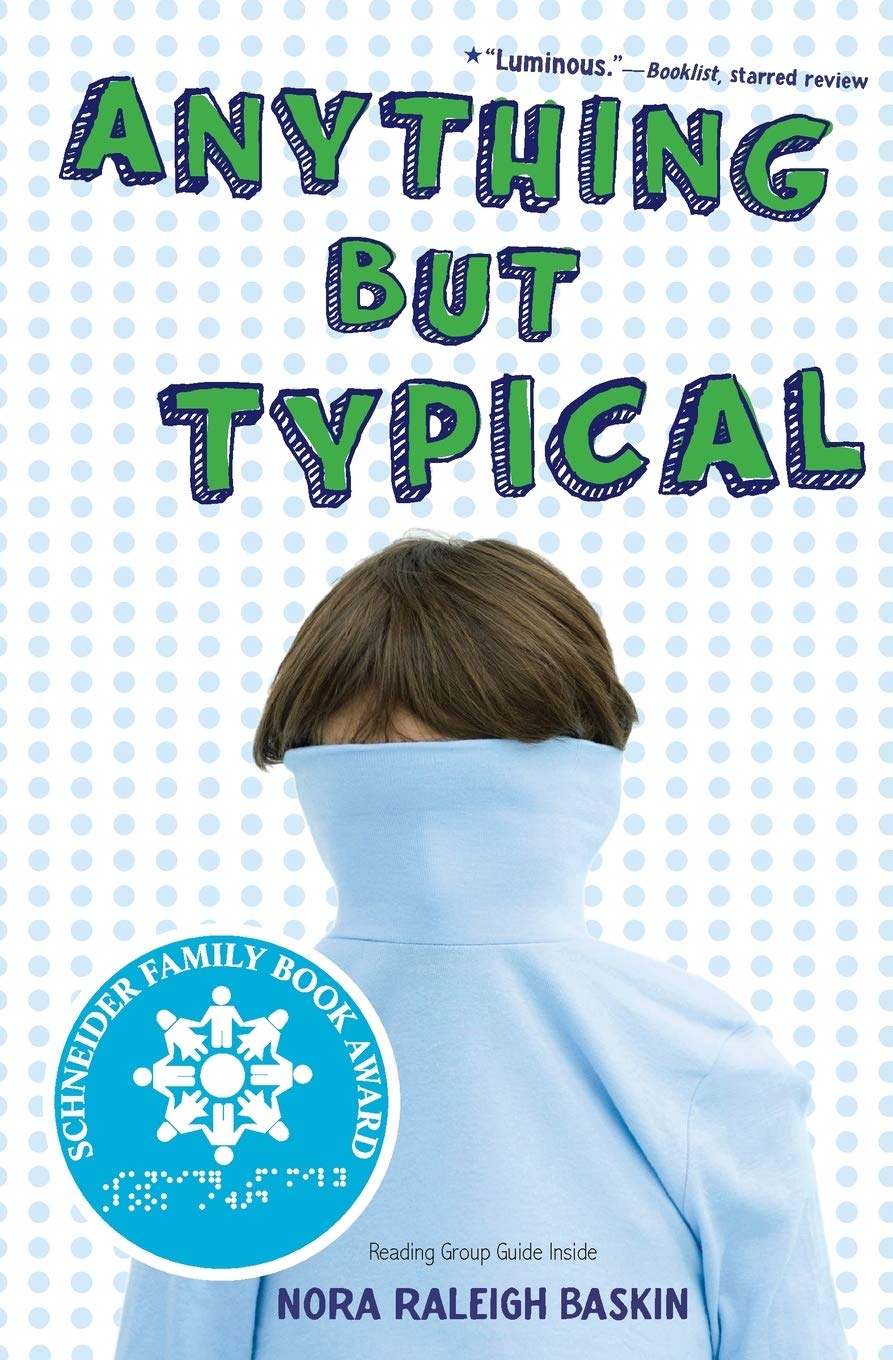
Completely Me by Dr. Justine Green
Type: Children’s book
Dr. Justine Green’s children’s book titled Completely Me is based on her own life, disability, and coming-of-age journey. Completely Me is a powerful story about a little girl who never noticed there was something different about herself, until others pointed it out instead. When she stands up for herself, the people around her learn the important lesson of self-acceptance, that everyone is different in their own unique ways, and that those imperfections are what make you perfect.
Justine Green, Ed.D. is an educator, author, and disability advocate based in Boca Raton, Florida, where she currently serves as the Principal at Tamim Academy. Justine was born with Atresia and Microtia. Microtia is a condition where the outer ear does not develop properly and Atresia is the absence of the ear canal, leaving her deaf in her left ear. Knowing she was different from birth, and boasting three reconstructive surgeries under her belt, Justine learned to read lips and worked hard through school.
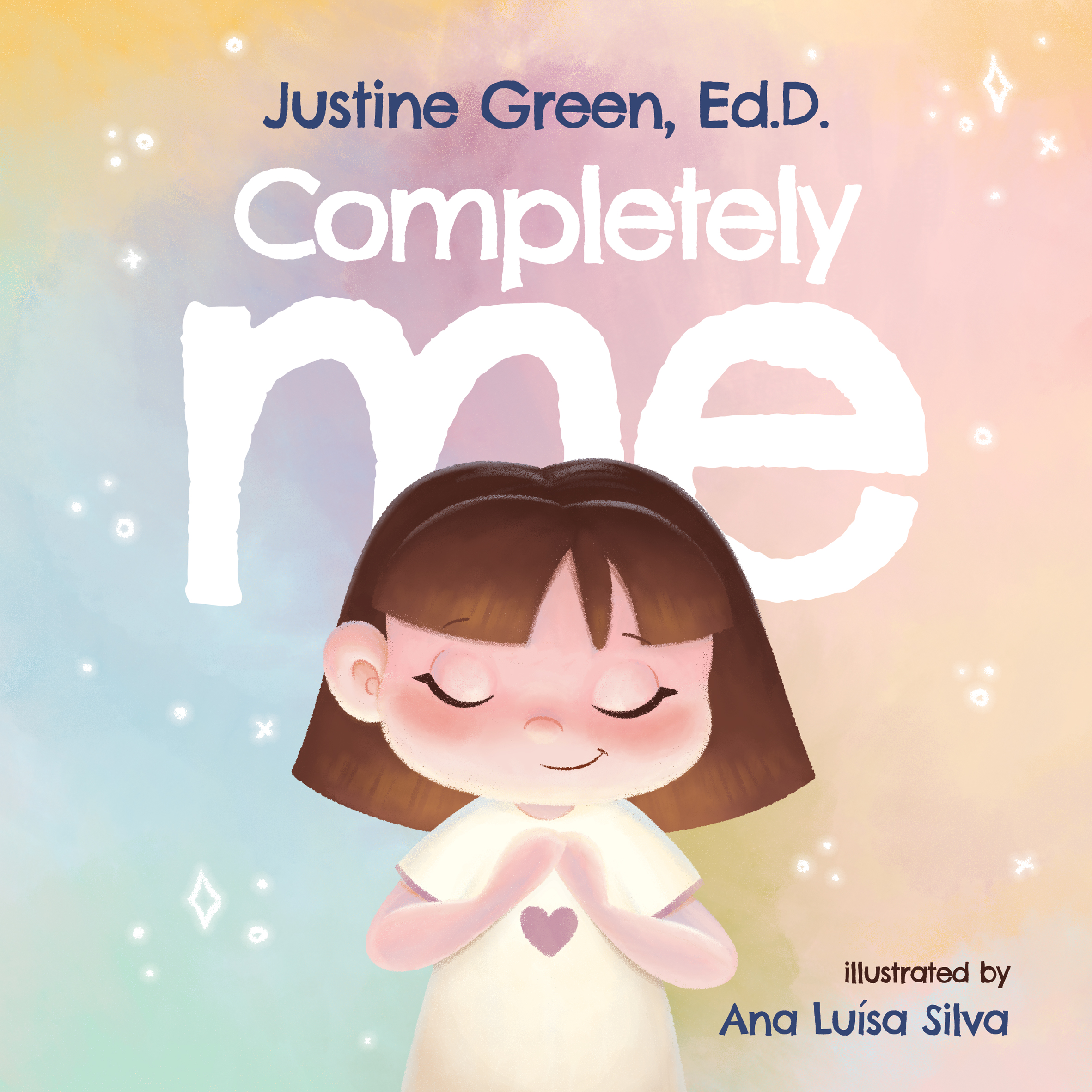
Type: Adult book
“One in five people in the United States lives with a disability. Some disabilities are visible, others less apparent—but all are underrepresented in media and popular culture. Now, just in time for the thirtieth anniversary of the Americans with Disabilities Act, activist Alice Wong brings together this urgent, galvanizing collection of contemporary essays by disabled people.
From Harriet McBryde Johnson’s account of her debate with Peter Singer over her own personhood to original pieces by authors like Keah Brown and Haben Girma; from blog posts, manifestos, and eulogies to Congressional testimonies, and beyond: this anthology gives a glimpse into the rich complexity of the disabled experience, highlighting the passions, talents, and everyday lives of this community. It invites readers to question their own understandings. It celebrates and documents disability culture in the now. It looks to the future and the past with hope and love.” – Amazon
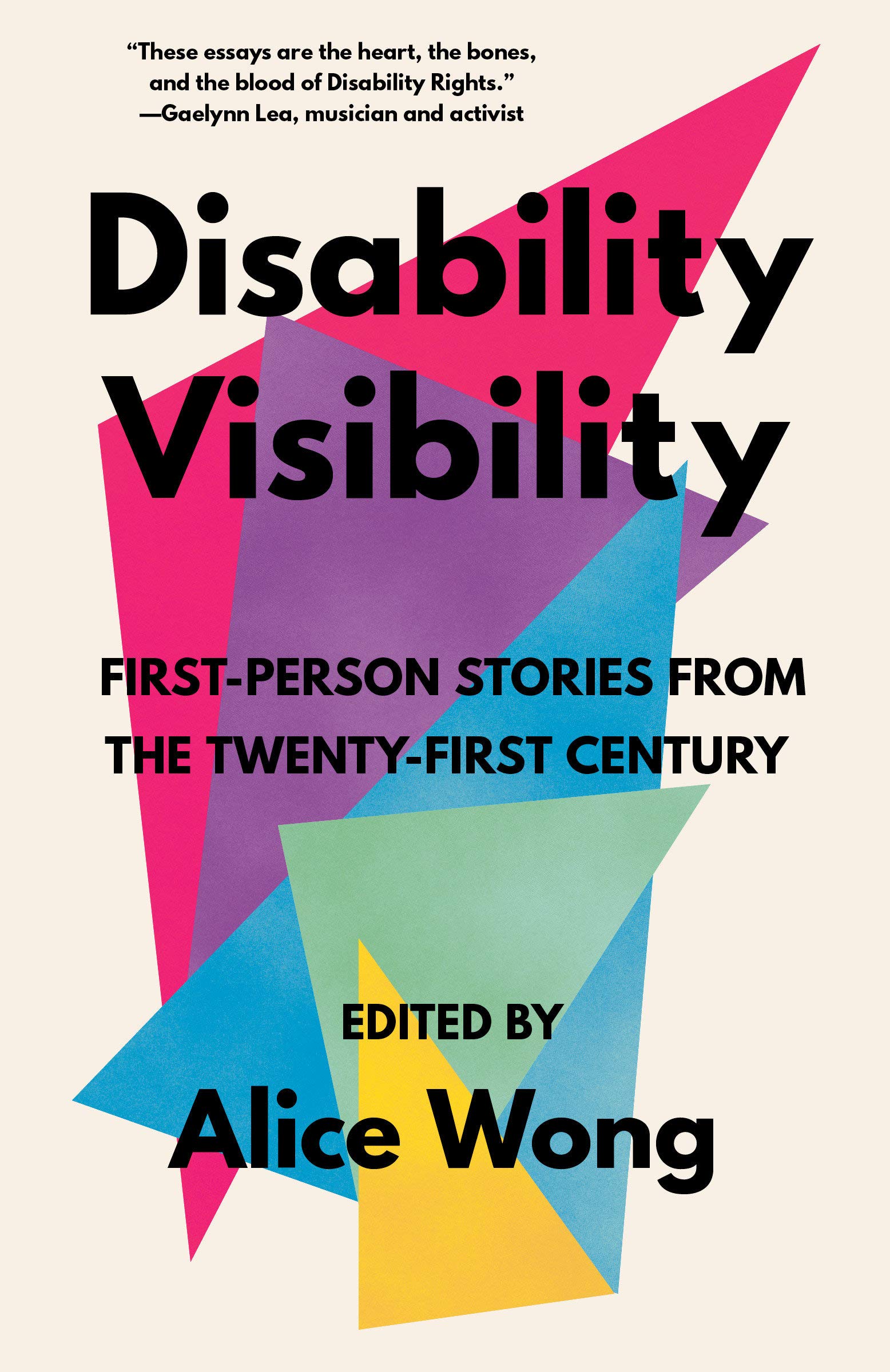
Type: Teen book
This teen/young adult book is described on Amazon as “With gentle humor and unflinching realism, Gail Giles tells the gritty, ultimately hopeful story of two special ed teenagers entering the adult world.” This book is also the 2015 Schneider Family Book Award Winner.
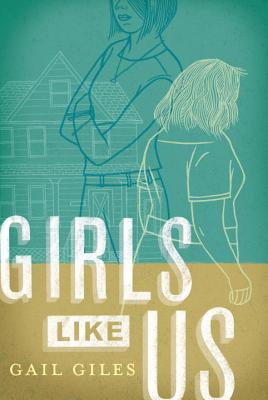
Hiya Moriah by Victoria Nelson
Type: Children’s book
Children’s book author Dr. Justine Green shares two favorites and this was one. “Through a positive attitude and an easy-to-understand story, children are introduced to a wide range of medical supports for children with physical disabilities and medical needs. From someone who spends time with people who have disabilities, this book introduces you a child who is more than a kid in a wheelchair. It shows that people with disabilities are still people who desire interaction, friendship, and love!” says Green.
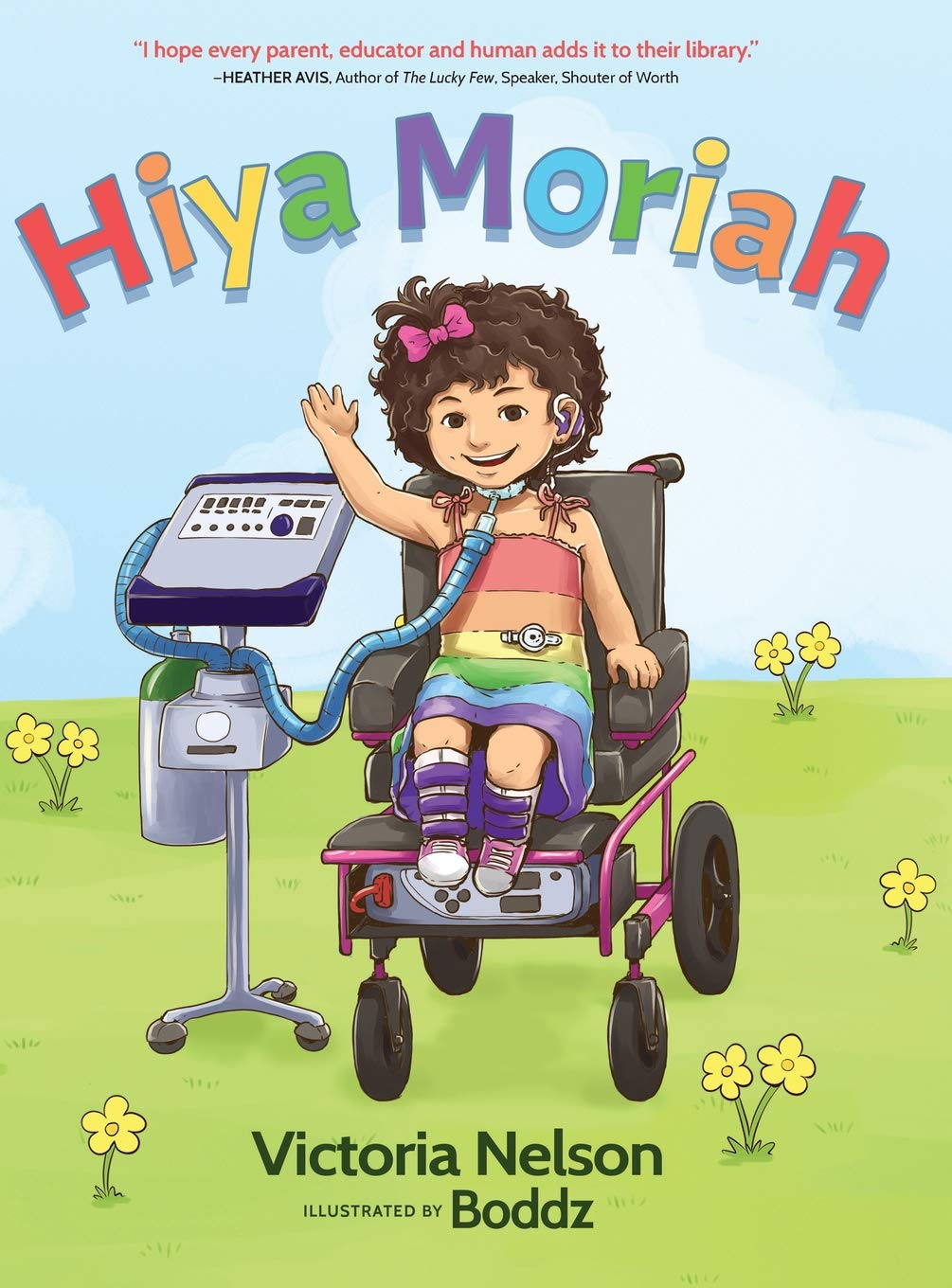
Know the Night: A Memoir of Survival in the Small Hours by Maria Mutch
Type: Adult book
“This soul-stirring debut memoir explores the experience of isolation and the miraculous power of care and communication in its midst. In this soul-stirring debut memoir, Maria Mutch explores the miraculous power that care and communication have in the face of the deep, personal isolation that often comes with disability. A chronicle of the witching hours between midnight and six a.m., this meditative book takes place during the two-year period in which Mutch’s son Gabriel, who is autistic and also has Down syndrome, rarely slept through the night. In this tapestry composed of interwoven memories, we see both Gabriel’s difficult childhood and Maria’s introduction to the world of multiple disability parenting.” – Amazon
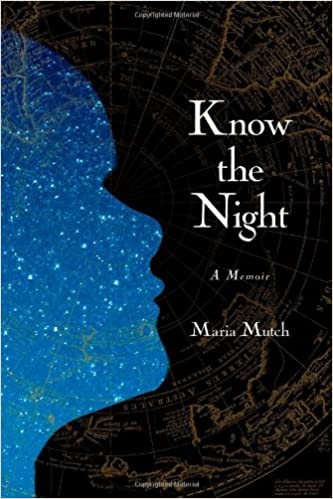
Thank You, Mr. Falker by Patricia Polacco
Type: Children’s book
Dr. Green shares, “I always read this to my class when I was a teacher. Although it does not mention dyslexia at all throughout the book, this story provides support and reassurance for children with learning disabilities. It shows how much support from teachers could help overcome some struggles for children with disabilities.”
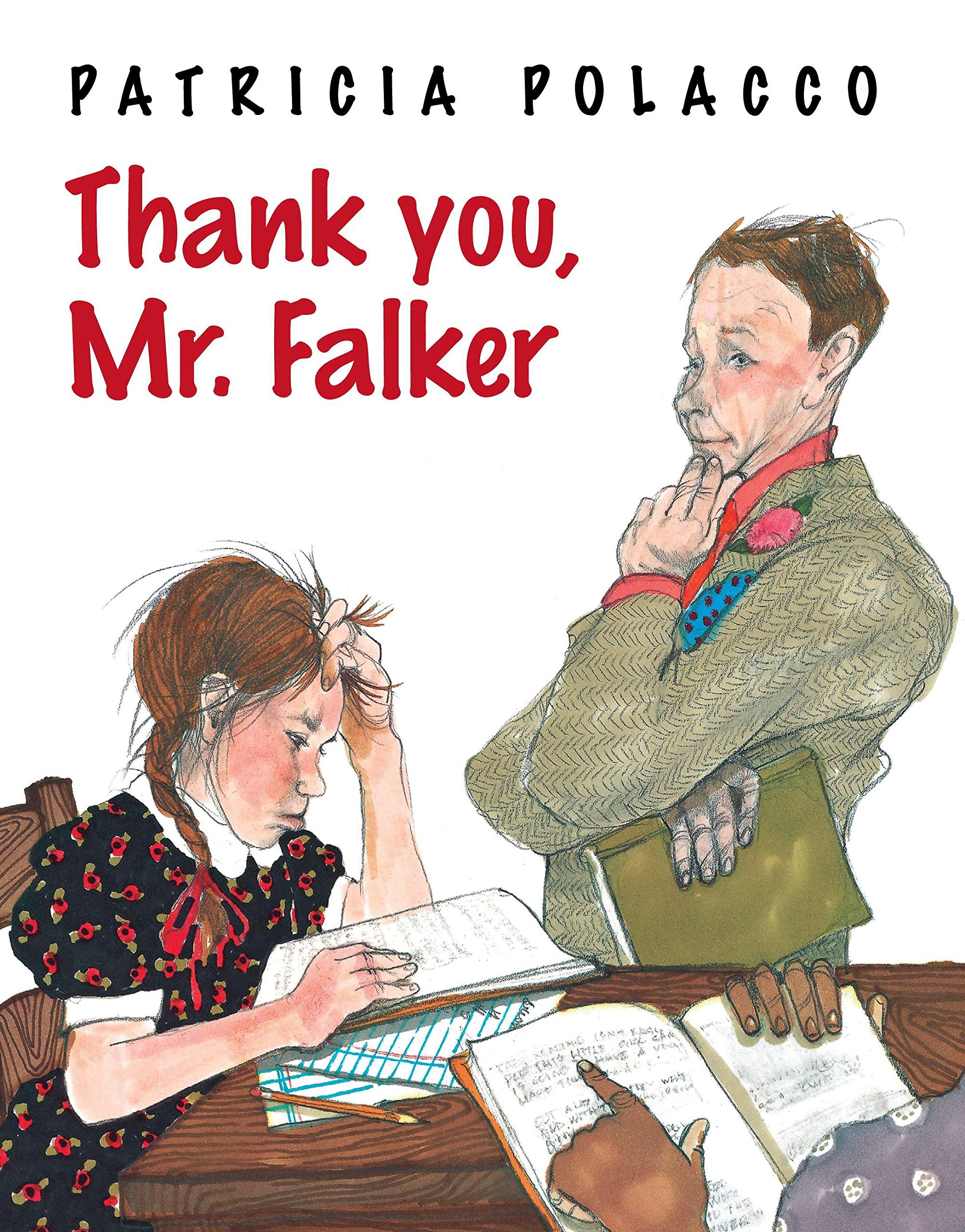
Thicker Than Water: Essays by Adult Siblings of People with Disabilities by Don Meyer
Type: Adult book
“Bound by blood, but not always by love, a sibling can be your friend or rival, defender or detractor–sometimes simultaneously! But what’s the impact on that bond when one sibling has a disability? In this thought-provoking essay collection, thirty-nine adult siblings reflect on how their lives have been indelibly shaped by their relationship with a brother or sister with special needs. Edited by Don Meyer, creator of Sibshops and an expert on sibling issues, THICKER THAN WATER reveals both positive and negative aspects of growing up with someone who might have received the lion s share of his parents attention or who now requires extra support as an adult.
These compelling essays express a diverse range of sibling experiences and attitudes. Contributors range in age from 20 to 70 and have siblings whose disabilities include Down syndrome, autism, cerebral palsy, seizures, visual impairment, fragile-X syndrome, intellectual disability, or mental illness. Several essays demonstrate how experiences vary based on a writer s age and generation. Many older contributors grew up when disabilities were stigmatized; younger contributors can attest to changing attitudes and greater acceptance of people with differences. Some contributors have chosen to work in a disability field or service profession and credit their siblings for influencing their career choices; others have pursued dreams far removed from a disability field.” – Amazon
